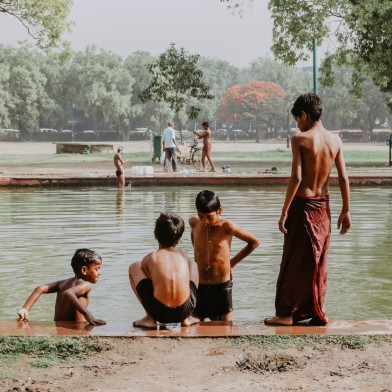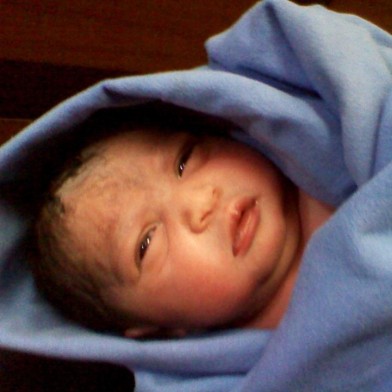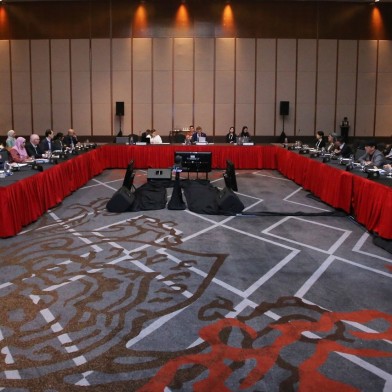More than 52 million Thais will cast votes this Sunday to elect 400 constituent MPs and 100 party MPs to the lower house of Parliament.
While the final count is expected to take up to a month the opposition Pheu Thai party is tipped to win the most seats, but fall short of its targeted 310.
The progressive Move Forward Party and United Thai Nation, Prime Minister Prayuth Chan-ocha's new group, are each aiming for 100 seats, which would factor into Pheu Thai's ability to form its first government since the 2014 military coup.
Following a political crisis in Thailand, the military staged a coup d'état in 2014, ousting the civilian caretaker government. The military junta, known as the National Council for Peace and Order (NCPO), rose to power under the leadership of General Prayut Chan-o-cha as Prime Minister. In 2016, the NCPO completed the drafting of a new constitution and held a referendum to approve it. They banned criticism of the draft constitution and prohibited monitoring of the referendum. Opposition to the new constitution was effectively silenced.
After an extended period of delay, a general election was finally held in March 2019, leading to a coalition government formed by the pro-junta Palang Pracharath party.
Prayut began his second term as Prime Minister in June 2019, and despite some legal wrangling over exactly how long he can serve in the role, he may in fact continue as leader til 2025, if he is selected by the parliament again.
Under Prayut, Thailand has moved closer to China, abstained on the UN resolution condemning Russia’s invasion of Ukraine, and has been criticised for his at-times welcoming attitude to Myanmar’s coup leaders across the border.
His primary competition for the top job comes from Paetongtarn Shinawatra, the 36-year old leader of the Pheu Thai Party, and daughter of former Prime Minister Thaksin Shinawatra, who was removed in a coup. Thaksin announced this week he would be returning to Thailand in July after 17 years in self-imposed exile, but presumably that will only occur if Pheu Thai and others take control of Parliament.
Thailand has suffered through 13 successful coups (and many more unsuccessful ones) since the beginning of the 20th century.
The ruling Palang Pracharath Party split at the end of last year, with Prayut and his close associate Prawit Wongsuwan parting ways over support for the main opposition Pheu Thai Party. Prayut joined the new United Thai Nation Party along with a number of his PPP colleagues.
Thailand used a form of MMP for the last election, but this time the system has reverted to the pre-2017 parallel voting system and removed the proportional representation aspects.
Of the 500 members of the House of Representatives to be elected, 400 seats are elected from single-member constituencies by first-past-the-post voting (an increase of 50), and 100 party-list seats—filled separately and no longer serving as levelling seats—are voted on in a separate ballot (unlike in the 2019 election, where only one vote was cast by each voter to determine both constituency and levelling seats).
The change has been criticised by smaller parties as the system benefits larger parties—especially the ruling Palang Pracharath Party and the main opposition Pheu Thai, who both supported the amendment—at the expense of smaller ones, including the progressive Move Forward Party, whose predecessor Future Forward did very well under the MMP-style system in 2019.
Selecting the PM remains largely the same process, with candidates chosen from a pre-determined list issued before polling day. It’s worth noting candidates do not have to actually be members of parliament.
Parliament's vote for Prime Minister will take place in a joint session with the 250-seat senate appointed by the junta. In 2019, all the senators unanimously voted Prayut.
The vote will determine if the kind of military-royalist conservative rule epitomised by Prayut continues, or whether a new wave of democracy can take power, and work with the current regime to bring in urgently-needed reforms across the country.
The alternative looks vastly unappealing to the majority of Thais: a divided country, the possibility of another military coup, with the many problems that beset Thailand again put on the back burner.
With the opposition parties currently leading the polls, the Kingdom's future remains uncertain following Sunday’s vote.
Banner image by Markus Winkler on Unsplash
- Asia Media Centre



